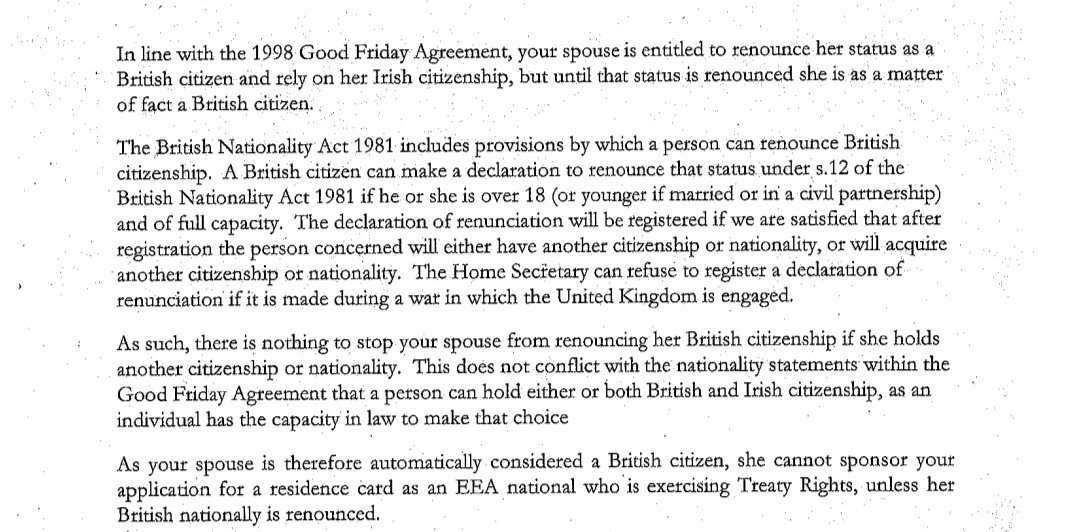...*even without an impeachment vote*. See the problem now?
...Pelosi decides when/if the trial starts by sending over the articles—which she can do whenever she wants. Maybe Democrats should *adopt* Feldman's argument? 😂
Keep Current with Seth Abramson
This Thread may be Removed Anytime!
Twitter may remove this content at anytime, convert it as a PDF, save and print for later use!

1) Follow Thread Reader App on Twitter so you can easily mention us!
2) Go to a Twitter thread (series of Tweets by the same owner) and mention us with a keyword "unroll"
@threadreaderapp unroll
You can practice here first or read more on our help page!

